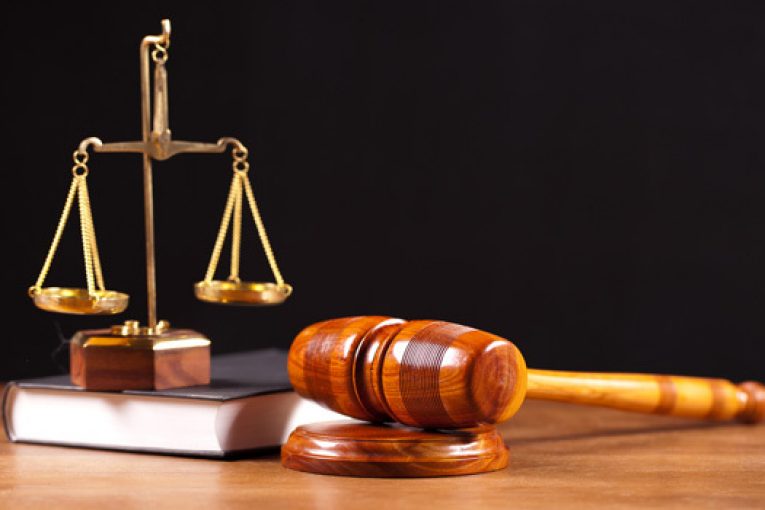
اعداد : يوسف دعي، باحث في سلك الدكتوراه قانون دستوري علوم سياسية جامعة إبن زهر أكادير – المغرب
- المركز الديمقراطي العربي
- مجلة القانون الدستوري والعلوم الإدارية : العدد السادس عشر آب – أغسطس 2022 المجلد 5 ، مجلة دولية محكمة تصدر عن المركز الديمقراطي العربي المانيا- برلين.
- تعنى المجلة في مجال الدراسات والبحوث والأوراق البحثية في مجالات الدراسات الدستورية والعلوم الإدارية المقارنة – نشر البحوث في اللغات ( العربية – الفرنسية – الإنجليزية )
للأطلاع على البحث “pdf” من خلال الرابط المرفق :-
ملخص:
تحاول هذه المقالة دراسة الفعل الناشطي للمحامين في المغرب، والذي قاده العديد منهم، إثر سياق سياسي بعد الإستقلال اتسم بالصراع بين الملكية وأحزاب المعارضة، والذي عرف العديد من المحاكمات السياسية كان فيها القضاء إحدى آليات قمع المعارضة السياسية. اعتمد الباحث لتفسير علاقة السلطة بالمحامين في المغرب على النموذج التفسيري للمقاومة، محاولة لفهم المرافعات داخل قاعات المحاكم خلال المحاكمات السياسية التي قادها محامون ذو خلفيات سياسية وحقوقية، باعتبارها فعلاً مقاوماً لسرديات الدولة والثقافة الرسمية، المُعبر عنها بالقانون. من ثمة، أُعتبر القضاء والقانون، امتداداً للجماعات المهيمنة، ونقصد هنا الدولة/المخزن في المغرب، كانت هذه الثقافة حيز مهماً، ومساحة متاحة لمقاومة سردية الدولة، المتمثلة في شعار دولة الحق، حقوق الإنسان، الديمقراطية.. وقد شكلت هذه الخطاطة التحليلية مفتاحاً أساسياً لمحاولة الإجابة عن إشكالية المحامون والسلطة: أي علاقة؟ وقد خلص الباحث، كون فعل المقاومة من داخل حقل السلطة يعيد إنتاج الوضع القائم، ويضفي المشروعية على أنظمة العدالة القائمة، من ثمة إستفادت السلطة من السرديات المضادة لتطوير من استراتجياتها وهو ما وقف عنده الباحث خلال تحليله لأطوار محاكمة نشطاء الريف.
Abstract
This article attempts to study the activism of lawyers in Morocco, which was led by many lawyers, in a political context after the independence, characterized by the intensity of the conflict between the monarchy and the opposition parties, and he was known for many political trials At that moment, the judiciary was one of the mechanisms for suppressing political opposition in Morocco.
To explain the relationship of power with lawyers in Morocco, the researcher relied on the explanatory model of the resistance, in order to understand the pleadings in courtrooms during political trials led by lawyers with political and human rights backgrounds, as an act of resistance to the narratives of the state and official culture, expressed by law.
the judiciary and the law were considered an extension of the dominant groups, and the intent here is the state / Makhzen in Morocco. This culture was an important space available to resist the state’s narrative, represented by the state of right, human rights, and democracy. This analytical schematic formed a major key in this article and was concluded that the act of resistance from within the field of power reproduces the status quo and gives legitimacy to the existing justice systems.
Hence, the authority benefited from the counter-narratives for the development of its strategies, which is what the researcher found during his analysis of The Rif Movement activists.
